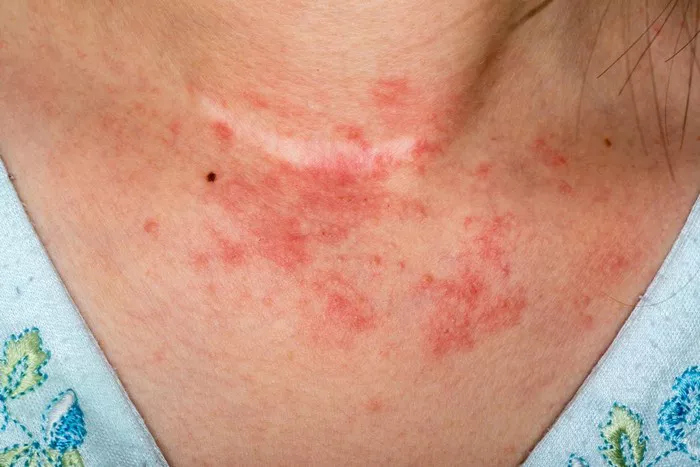A new phase 2 study shows that the oral medication JNJ-77242113 significantly improves skin clearance in patients with moderate to severe psoriasis over the course of one year, outperforming a placebo.
The study, part of the ongoing FRONTIER-2 trial, builds on data from the previous phase 2b FRONTIER-1 trial, which involved 255 patients with psoriasis. Participants in the initial trial were assigned to various doses of JNJ-77242113 or a placebo, with those on the placebo transitioning to the treatment during the latter part of the study. At the one-year mark, patients who received oral JNJ-77242113 showed notable improvements in skin clearance compared to the placebo group.
“Monoclonal antibody treatments have become standard for plaque psoriasis, targeting specific inflammatory cytokines,” said Dr. Laura K. Ferris, lead author of the study and chair of dermatology at the University of North Carolina, Chapel Hill. “Although effective, these biologic treatments are delivered via injection, a method that not all patients prefer. Oral options, like JNJ-77242113, could offer a more accessible alternative.”
At 52 weeks, 49% to 76% of patients who had been assigned to different dosing regimens of JNJ-77242113 achieved a PASI 75 (a 75% improvement in psoriasis severity), with the highest response seen in the 100 mg twice-daily group. In addition, 66% of patients who switched from placebo to JNJ-77242113 at week 16 reached PASI 75.
Significant skin improvement was also observed in more than half of participants. By week 16, the twice-daily 100 mg dose led to a PASI 90 in 60% of patients and a PASI 100 (complete skin clearance) in 40%. These high rates were maintained through the end of the trial.
Moreover, the study showed strong results in patient-reported outcomes. In particular, 75% of patients in the twice-daily 100 mg group reported at least a 4-point improvement in itch, and 76% reported a similar improvement in pain, indicating that the treatment also alleviated the discomfort associated with psoriasis.
Regarding safety, the treatment was well-tolerated. Adverse events occurred in 59% of patients, but there was no dose-dependent increase in adverse reactions. The most common side effects included nasopharyngitis, upper respiratory tract infections, and COVID-19. Serious adverse events, which occurred in 4% of patients, were deemed unrelated to the study drug.
“This study reinforces the potential of an oral IL-23 receptor inhibitor as a long-term, effective treatment for moderate to severe psoriasis,” the researchers concluded, highlighting the potential for JNJ-77242113 to offer sustained relief and improved quality of life for patients with this chronic skin condition.
Related topics:


























